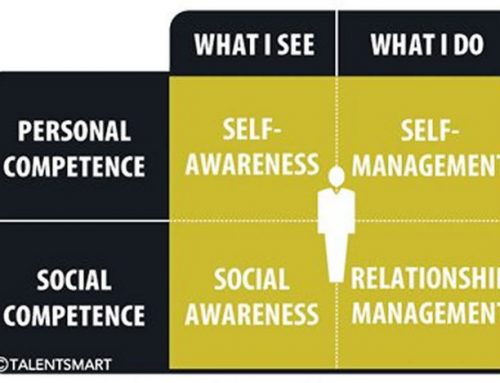Negotiation: Another Important Business Tool
When contracts and agreements are well defined and each party understands and approves all of the details, then negotiation is not an issue. But, when parties cannot agree to the terms of a contract or become involved in a dispute, negotiation becomes important in reaching a compromise solution.
Negotiating, basically, is simply resolving some type of disagreement. It could be an amicable disagreement regarding business items such as sales terms, shipping methods, product specifications, or pricing. On the other hand, disagreements could be more complex and highly emotional involving potentially large sums of money, product quality, missed delivery deadlines, etc.
When parties begin the negotiation process, it is important to understand the following five steps in the process to achieve a positive result.
1. Preparation – Before entering into a negotiating process, each party must be thoroughly prepared regardless of the situation or items to be negotiated. This means reading, studying, and understanding all details of whatever is going to be negotiated. Parties to a negotiation must know not only their side of the contract or agreement but know what the other party thinks about the same disputed issue.
2. Trust – The negotiating process goes much smoother and more rapidly when both parties have mutual trust of the other. This means that each party enters into the process having trust that the other party will be honest, ethical, and sincere in reaching a compromise agreement. This begins the process on a positive note rather than feeling initial apprehension toward the other party. Uneasiness and apprehension leads to a defensive attitude, which is counterproductive to the process.
3. Alternatives – When a party enters into negotiation, alternatives must be thought about in advance. This is the purpose of negotiating – resolving some type of disagreement. If both parties are resistant to change and have no desire to seriously consider alternatives, then there is little purpose in negotiating and little to be gained from the process.
4. Communication – All parties in a negotiation process must be able to clearly communicate their thoughts and ideas, so the opposing party clearly understands their desires. Open and honest communication is a necessary ingredient for the process to work.
5. Practice – As with many things, practice improves performance. This holds true for the negotiating process. It is important for a negotiating party to practice in advance:
• An opening statement expressing the facts as the party knows them (verbal or written depending on the situation)
• An explanation of items to be negotiated
• A resolution desired from the negotiation, and
• Acceptable alternatives.
These points will not all be delivered at the same time. A negotiating party, however, should know in advance offers and responses to all of the various subject areas, so there will be no hesitation when the time comes for a response.
If the process works well, then each party feels as though there was some “give and take” on both parts but, overall, each completes the negotiating process with a feeling that an amicable solution was reached. There are no guarantees when parties enter into negotiation, but following the above five points can help achieve a satisfactory and positive end to the process.







Leave A Comment
You must be logged in to post a comment.